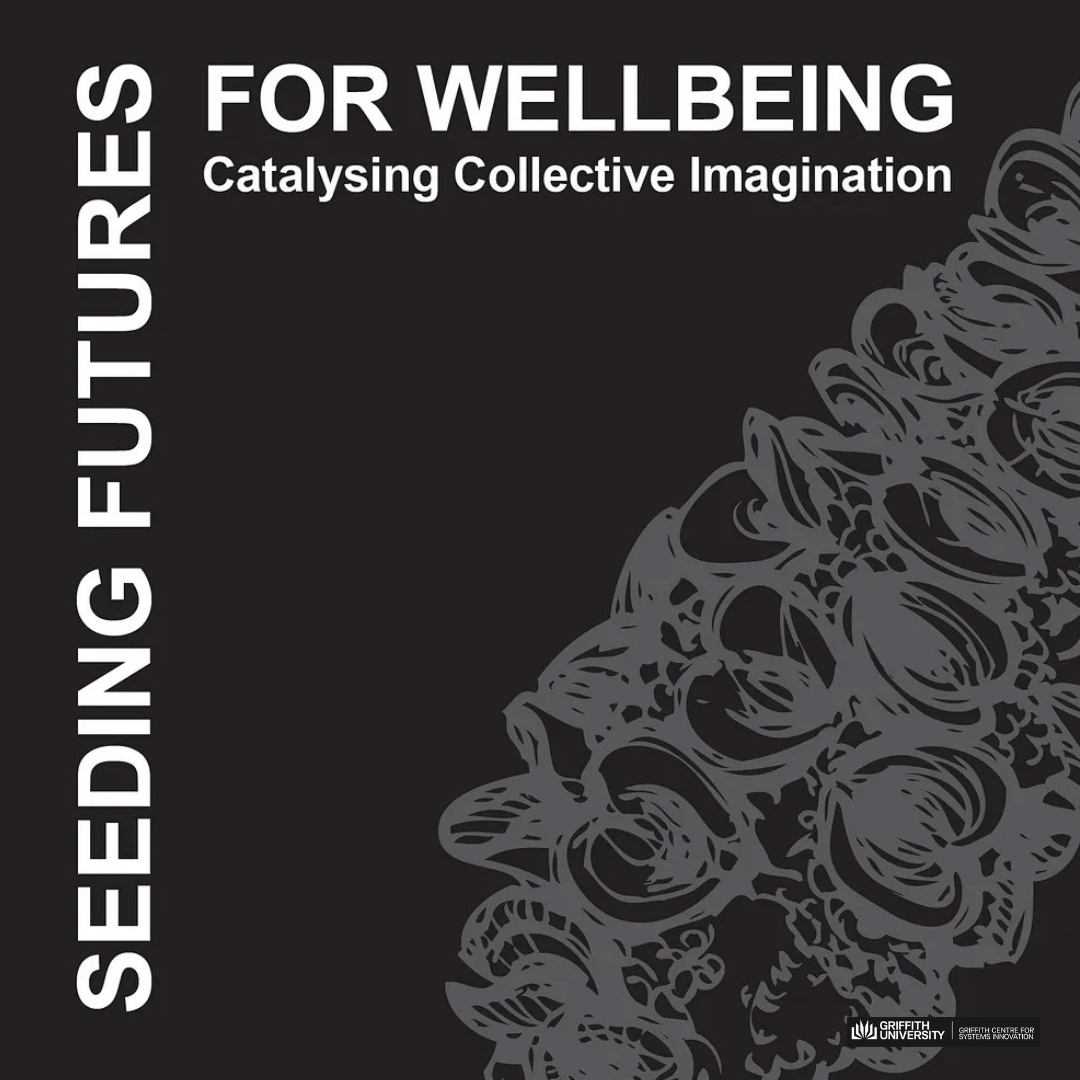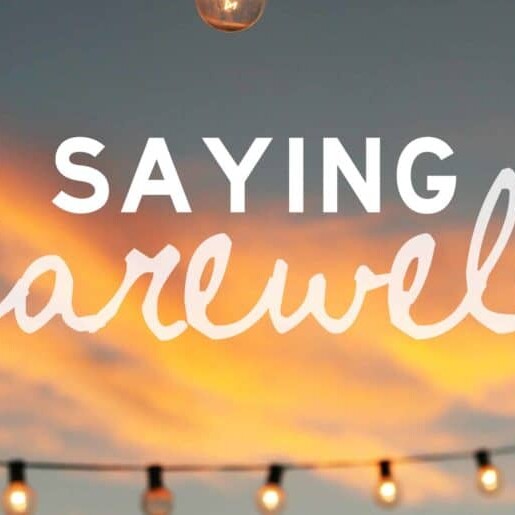Continuing the conversation about ‘capitalism after the crisis’
In February 2023 The Australian Treasurer Jim Chalmers penned this piece in The Monthly — Capitalism after the crisis. We were buoyed. The current political environment in Australia isn’t always conducive to the sharing of bold and courageous visions for collective futures. Yet, we live in a time when exactly such visions are needed, perhaps more than ever.
We need to be able to harness our collective imaginations, and commit our shared capacities towards creating such futures.
We do not have to agree on how to get there — but we do need to imagine potential directions, opportunities, options towards which we can navigate, no matter where we sit.
So we asked ourselves how might we support this vision in a practical way and continue the conversation?
We decided to approach a diverse group of potential collaborators to come together around the theme (skip to the end to see who joined us). We were interested to explore what we might, as a group, be able to generate by way of practical (HOW) suggestions that could support the vision and sentiment outlined in the essay.
We gathered on March 16, 2023, before and after CEDA’s Major Address lunch held that day in Brisbane, and also ‘listened together’ to the Treasurer’s address at the event.
On the day and over the intervening period, we worked to develop our response — ‘a collective imagination starter pack’.
We offer this in the spirit of being ‘in conversation’ with the Monthly essay and the Treasurer’s efforts to promote a values-based capitalism agenda, potentially as an important legacy of his tenure.
It also connects well with the recent release of Australia’s first wellbeing framework. An attempt to align our economic and social goals in our communities and right across our country.

Seven themes identified in Jim Chalmers’ 2023 essay ‘Capitalism After the Crisis’, GCSI 2023
Starting with the article, we identified seven themes that could catalyse deeper conversations — conversations that take this particular vision as a starting point, and use it to ask deeper questions, foster engagement, debate, dialogue and genuine curiosity about how we can grow positive futures.
All of the questions, inspirations and pockets of possibility shared in the booklet offer insights into (and hopefully inspire imagination around) the kinds of enterprises and initiatives policymakers, financiers and other eco-system actors could be supporting and prioritising to take on practical roles in shifting the trajectory of change.
But if we are to really shift-the-dial here we need to get much more nuanced about what we mean by values when we talk about values-based capitalism, and about how public participation could help shape narratives around imagining this relatively complex territory.
Over the course of the original day’s discussion, our collaborating group coalesced around two inter-twined strands that would be critical in taking the dialogue further into the public domain:
-
- meaning-making over indicators and other ‘measures’ of wellbeing, to improve interest in participation; and
- opening up more deliberative, distributed and participatory spaces through which people could contribute to decision-making that affects their lives and the futures of their communities.
The assumption is that if measures could be made more meaningful, then people will be more interested in participating in defining and supporting the values that guide and govern decision-making. And if more people are participating, the values that permeate our lives will be more explicit and by default also more inclusive and representative in their expression.

Beyond Citizen Juries: Opening possibilities for collective deliberative and participatory imagination, GCSI 2023
Many of us have heard of ‘citizens juries’ or ‘citizens assemblies’ as ways of drawing together diverse groups of people to rigorously and deliberatively explore particular issues. We suggest that a variety of methods be tested and tried, including any or all of those illustrated above.
In the full piece we share how the Three Horizons framework helps us open up linear views of change and to make the different ways we could imagine futures into being, more visible.

The Three Horizons Framework reimagined as creating different conditions for seeding futures, GCSI 2023
We dive into each of the themes by pulling together some questions, perspectives, sense-making starting points and pockets of the future.
We hope to continue this conversation and offer our support to deepening and strengthening both conceptual and practical understandings of what it would take to affect systems-shifts along this trajectory.
We’re interested in hearing from other parties, locally and internationally, who are engaged in processes of rigorous imagining and deliberation, about how we could create the conditions for futures in which values-based capitalism, democracy and wellbeing could flourish in Australia.

We illustrated this piece with images representing the Banksia or Wallum. The Banksia grows in what could be seen as quite difficult terrain, reminds us of regeneration, rebirth, particularly after crisis, with many species needing fire before the woody fruits are able to crack open and release their seeds.

You can access the Seeding Futures for Wellbeing booklet HERE or download it from Network Weaver’s site HERE
A big thank you to our collaborators on this:
-
- Dr Glenda Stanley, The Bryan Foundation
- Professor Katherine Gibson, Community Economies Institute & Institute for Culture & Society, Western Sydney University
- Craig North, Firesticks Alliance
- Belinda Drew, Department Communities, Department of Treaty, Aboriginal & Torres Strait Islander Partnerships
- Adam Fennessy, Australia & New Zealand School of Government (ANZOG)
- Tim Marshall, Skafold Global
- Sacha Edema, Paul Ramsay Foundation
- Clare Fountain, Business Council of Cooperatives & Mutuals (BCCM)
And of course from our team
-
- Professor Ingrid Burkett
- A/Professor Joanne McNeill
originally published at Good Shift

Griffith Centre for Systems Innovation is working to grow the capabilities, mindsets and infrastructures for better futures. Futures full of thriving ecosystems where every person has what they need to flourish.
We partner with organisations across sectors to create safe and courageous spaces and action learning opportunities to transform ‘stuck’ systems. Then we take what we’re learning to offer boundary-pushing postgraduate courses for adaptive leaders of the future.

Network Weaver is dedicated to offering free content to all – in support of equity, justice and transformation for all.
We appreciate your support!
Related Posts
September 24, 2025
Thank you & Farewell
November 4, 2024



